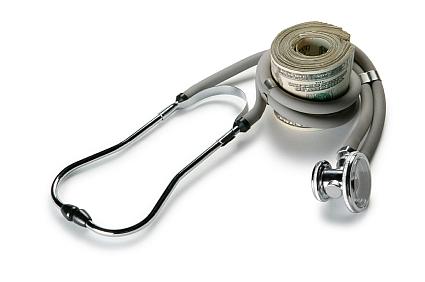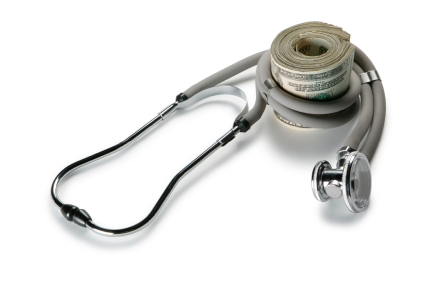Medical Board of California, go public with your pain

 The Medical Board of California, which meets this weekend in Los Angeles, is under pressure again to reform itself. This seems to be a nearly annual occurrence.
The Medical Board of California, which meets this weekend in Los Angeles, is under pressure again to reform itself. This seems to be a nearly annual occurrence.
The latest occasion has been prompted by a series of articles and commentaries in the Los Angeles Times, mainly by Michael Hiltzik and Stuart Pfeifer, about sloppy plastic surgery centers being allowed to stay open despite a pattern of patient deaths and injuries. (I would like to claim some small credit, too. After my series "The Shadow Practice," ran last year and documented the unfortunate death of Maria Garcia during a plastic surgery, the Times wrote its own story three months later about Maria Garcia. While the Medical Board may not read Antidote regularly, its members most certainly read the Times.)
Hiltzik this week began a prescription for "Curing the state's medical regulation system." He wrote:
The existing staff does a heroic job under tough conditions, but the board doesn't have enough medical experts on call for timely review of patient complaints. It has difficulty retaining investigators because they're paid less than those working for the attorney general - so after the board trains them and gives them a bit of experience, they often quit for greener pastures. During the Schwarzenegger administration, the board appealed to the governor for exemptions from his hiring freezes and other cutbacks. It was turned down.
Hiltzik thinks the board should make a public case for more resources, and I could not agree more. The board is forever begging state legislators to allow it to charge doctors more for the privilege of being licensed. This should not be so difficult. Considering the average salary of a physician, the fee for a license in California is a bargain: $404 per year. Does that sound like a hardship?
The California Medical Association, the doctors' main lobbying group in the state, understandably, has fought to keep fees low for its members, but the CMA's Dr. James T. Hay said something to Hiltzik I thought was fairly tone deaf given the body count stacking up under the medical board's watch:
We think they have enough resources. Certainly they built up a substantial surplus, otherwise the governors couldn't have raided it.
Let's see if we can sort this out. The board, comprised mostly of doctors and funded entirely by doctor's fees, took the smart step of holding some money in reserves in case, oh, I don't know, the state verged on the edge of bankruptcy or something.
That worst case scenario did happen and, so, both Gov. Arnold Schwarzenegger and now Gov. Jerry Brown have, indeed, raided that surplus. In response, the CMA, also a doctor-dominated organization funded by doctors, is now dinging the medical board for diligent financial planning? And saying, basically, that it got what it deserved and should suffer as a result? This certainly seems at odds with the CMA's stated mission: "Promoting the science and art of medicine, the care and well-being of patients, the protection of the public health and the betterment of the medical profession."
How much does it cost for a Los Angeles doctor to become a member of the CMA? $1,100 annually. I'll do the math for you. That's 63% more than it the state charges for a license.
The board should point this discrepancy out in a public campaign. It costs doctors more to protect the few bad doctors in their midst from punishment than it does to help maintain the state's system of medical rules and guidelines. The board should flat-out call out the CMA for hampering the board's ability to protect patients. The board's members should make a cogent public case for a better-funded, more nimble and more accountable board. All the board has only to look at my Shadow Practice map or at some of Hiltzik's stories and Pfeifer's stories for examples of where it has failed.
As Hiltzik notes in his piece, if the medical board were comprised of more patient advocates and fewer doctors, it would truly be independent and able to adequately assess complaints of negligence and harm. The board would still be able to tap medical experts to analyze the evidence, as it does now, and it still would have to jump through the same hoops required by the state Attorney General's office in order to file charges against a physician. The system of checks and balances would actually work instead of all the checks being in the physicians' accounts.
"Who would be hurt by such a change?" Hiltzik writes. "Not good doctors, whose reputations are marred by the work of unfit colleagues. And not the patients."
Have a comment or complaint? Write me at askantidote@gmail.com or share your views in the comments below. Follow me on Twitter @wheisel.
Coming Monday: Part 2 of my interview with journalist Jonathan Starkey.

